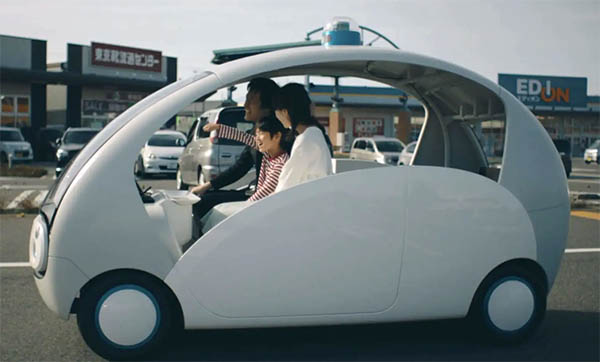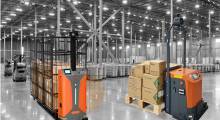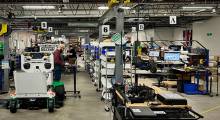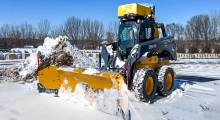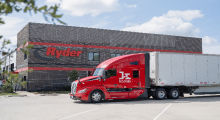Self-driving technology can apply to industrial applications as well as transportation. Yamaha Motor Co. yesterday announced that it is joining the Series B investment for TIER IV Inc. The Japanese automaker said it wants to encourage the development and commercialization of TIER IV's autonomous driving technology and its automated transport for factory grounds.
TIER IV is leading the development of the Autoware open-source operating system for autonomous vehicles. Autoware is based on Linux and the Robot Operating System (ROS) and is trademarked by The Autoware Foundation, which has more than 60 partners and 2,500 engineers.
Founded in 2015, TIER IV said it is committed to “democratizing” autonomous driving “so that anyone can contribute to the advancement of the technology.” The Nagoya, Japan-based company claimed that more than 30 vehicles in over 20 countries, as well as more than 500 companies, are involved in the software development.
TIER IV combines self-driving functions
TIER IV noted that its approach to autonomous driving combines the functions of sensing, localization, perception, planning, control, a vehicle interface, and map data. The company's Pilot.Auto is an extensible platform based on Autoware, and its Web.Auto is a cloud DevOps platform for implementation of autonomous driving.
In addition, TIER IV said its systems include data management, simulation, and fleet management to accelerate the development of self-driving vehicles. It also offers autonomous driving Web services, development kits, and training.
The company raised more than $100 million in 2019 and has begun a data-acquisition project in Tokyo for the practical application of automatic driving.
Yamaha joins Series B investors
Yamaha Motor noted that it previously invested in TIER IV in 2017 and 2019. Other investors in the Series B round, which totals 12.1 billion yen ($88 million U.S.), include SOMPO Holdings Inc. and new investor Bridgestone Corp.
Yamaha has designated several “new businesses” and “growth businesses” as “strategic business fields” in its new “Medium-Term Management Plan (2022–2024)” announced in February of this year. As one of its new businesses, the company established eve autonomy Inc. as a joint venture with TIER IV in 2020. Its goal was to commercialize automated transport.
Through this and other initiatives, Yamaha Motor said it plans to establish the technology for low-speed automated driving under specific conditions. The company said it plans to build electric vehicles for logistics facilities and to expand commercial services domestically and internationally.
SOMPO Holdings will provide an insurance, risk assessment, after-service package including access to its support center. It will also develop a data analysis platform to contribute to secure and safe vehicle operations.
Bridgestone will conduct testing, verification, and validation of autonomous vehicles.
Japanese government funds 'micro-autonomy'
In addition, the $15 billion Green Innovation Fund administered by Japan's New Energy and Industrial Technology Development Organization (NEDO) chose TIER IV as the research and development project for SAE Level 4 autonomous driving software.
The company will participate in the $300 million “Microautonomy—Creating Collectively Scalable Autonomous Driving Systems” program.
“This Green AD Project alongside the Series B fundraising will allow us to concentrate on technology advances, while continuing to provide our customers with selective solutions based on the current variants of our platform and reference design,” said Shinpei Kato, founder and chief technology officer of TIER IV.
“Our platform is enabling our customers to develop their own autonomous driving components or build their own autonomous vehicles by extending our reference design so that they can save cost, optimize risk, and minimize time to market for their production,” he said.
Article topics
Email Sign Up

